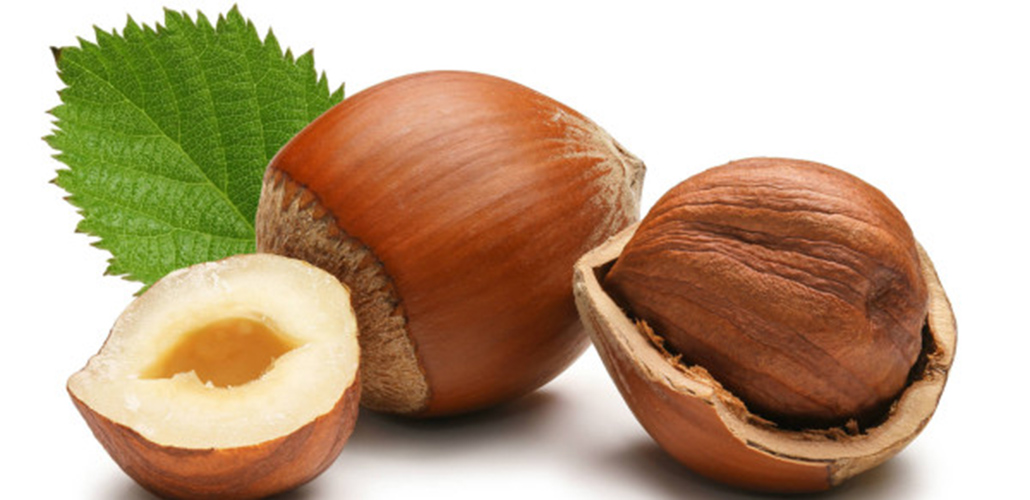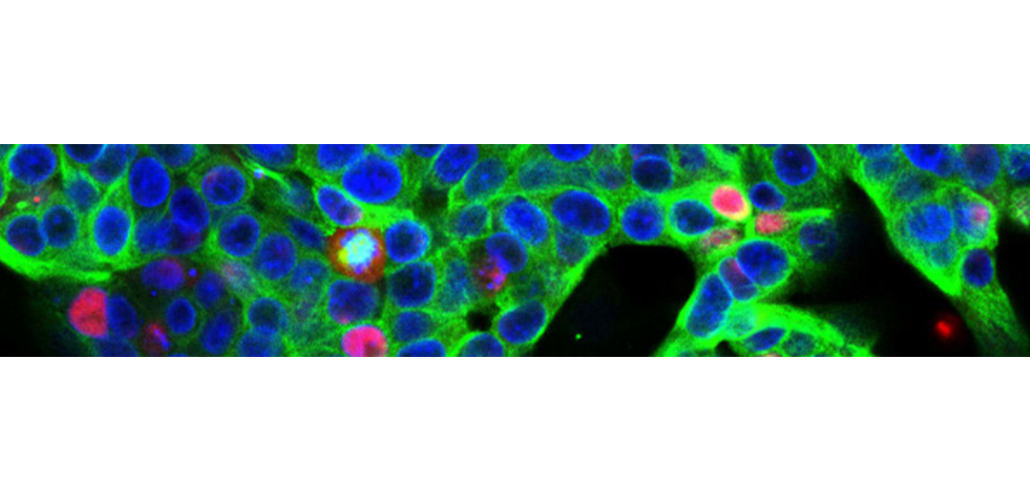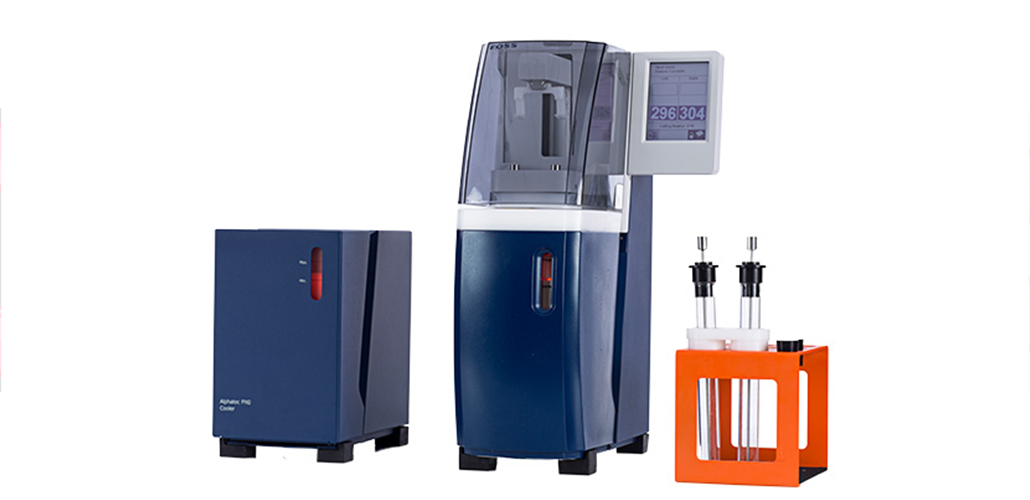Detection of hazelnut by ELISA
Agricultural Sciences / Nutrition & Food Sciences / Agro-Food
April 01, 2013The recently published DIN CEN/TS 15633-2:2013 characterizes the ELISA method for the detection of hazelnut in food. The RIDASCREEN®FAST Hazelnut (R6802) of R-Biopharm fulfills the requirements of this DIN standard.
The collaborative study, specified in appendix B of the technical specification was performed with the RIDASCREEN®FAST Hazelnut. This validation was organized by the Federal Office of Consumer Protection and Food Safety; hereby the content of hazelnut was quantified in bittersweet chocolate.
The RIDASCREEN®FAST Hazelnut test can be applied for the analysis of raw and processed food. The sample preparation takes 20 min, the test procedure 30 min. The limit of detection is 1.5 mg/kg; the limit of quantification 2.5 mg/kg. The validated system has an excellent accurateness, providing the operator a high security level of analysis.
The RIDASCREEN®FAST Hazelnut is particularly suitable for the detection of hazelnut in food. The monoclonal antibodies used for the ELISA detect both, proteins with molecular weight of about 14 kDa, 18 kDa and 42 kDa, and the thermolabile major allergen Cor a 9.
Hazelnuts (Corylus avellana) are common used ingredients in the food processing industry. They were primary used for the production of chocolate and nougat, furthermore, they can be found in candies, pastries, cookies, cereals and ice cream.
Hazelnuts can cause food allergy. Therefore, their labeling is required by the EU guideline 2007/68/EG. During the production process, cross contaminations can influence other food, produced in the same factory. Hence, control of the production and end products is mandatory.




